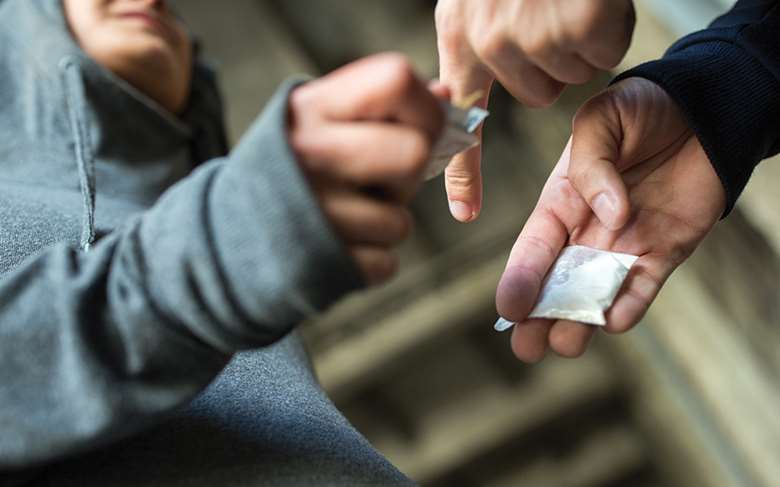Integrated gangs unit
Nina Jacobs
Tuesday, August 28, 2018
London council's gangs unit brings police and children's professionals together into one team.

- Staff work therapeutically to support young people being exploited by drug gangs to get out
- Two-thirds of young people the unit works with have gone on to gain work and leave crime behind
Action
Westminster Council's Integrated Gangs Unit (IGU) supports children and young people whose lives have been dramatically affected by organised crime.
The unit was set up in 2011 partly in response to a rise in serious violence being committed by young men who were members of rival gangs in the borough as well as other parts of London.
Matt Watson, IGU service manager, says not only was a high proportion of this violence going unreported due to fear of reprisals in the community but local families were also left feeling victimised.
Young people who engage with the multi-disciplinary service are offered help to rehabilitate themselves but also to address the issues that led to them becoming involved with gangs.
Watson says the council outlined a number of principles for fully integrating all the agencies which included co-location of the unit's staff as well as working across a wide age range.
The 16-strong multi-disciplinary team operates from the council's children's services department.
The unit accepts referrals for children aged 10 and young adults up to 25. Watson says this broad age range reflects the fact that "those influencing the younger people are often in their 20s".
Watson says these young people come from "very complicated environments" and are often subjected to different types of cultural, family and external pressures.
Being able to build sound relationships is key to the unit's approach. "It's about trusted, credible, relational-based work and having a team that can respond rapidly and flexibly," he adds.
The unit's staff, drawn from the fields of employment, education, youth work, social work, youth offending, custody, mental health and community safety, work alongside three police officers assigned to the team.
Staff deliver three elements to the unit's service: one-to-one work, family support and group work.
The team carries out group work in schools and prisons as well as working closely with the pupil referral unit in Westminster.
It also works with youth projects, local colleges and is involved in street work within the borough.
A five-year grant from the Mayor for London initially funded the unit and Watson says assurances have been given by Westminster Council that it will continue its work.
He says that while there may be other integrated units similar to Westminster's, no other authority has the same range of agencies.
Westminster IGU is also unusual in that it is led and managed through children's services and not through a youth offending team.
"Being tied to the youth courts like some other units limits their ability to respond and who they can work with as their role is to work to the orders imposed by the courts," Watson explains.
Watson says staff enjoy a good relationship with the police officers on the team as both sides respect each others' objectives.
In addition, police officers have also taken on board the principle that young people can change their behaviour through building work around values and meanings.
"We try to be as therapeutic as possible on the phone, in the street, in schools, wherever we are. We try to make the most of opportunities and look for where there are possibilities for change," he says.
Impact
The IGU's employment and education specialist has been successful in getting 65 per cent of the young people referred either back into work or finding them new employment.
However, Watson says despite the success rate which is "enormous in this cohort", a lot of work is needed to support and sustain young people once they are in employment.
While referrals have fallen by around a third since the 2015 peak, Watson points to a "significant" increase recently in the number of under-18s which he believes indicates a "changing picture".
He says one of the unit's biggest challenges remains engaging young gang members - particularly those under 18 - in light of a growing trend for organised crime groups to operate outside of London.
This ‘county lines' form of criminal exploitation has resulted in more young people being sent to sell drugs in unfamiliar places.
"For those going ‘county' I would say the age range is still 15 to 17 but our work has shown they are just getting involved quicker," he says.




